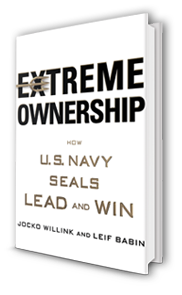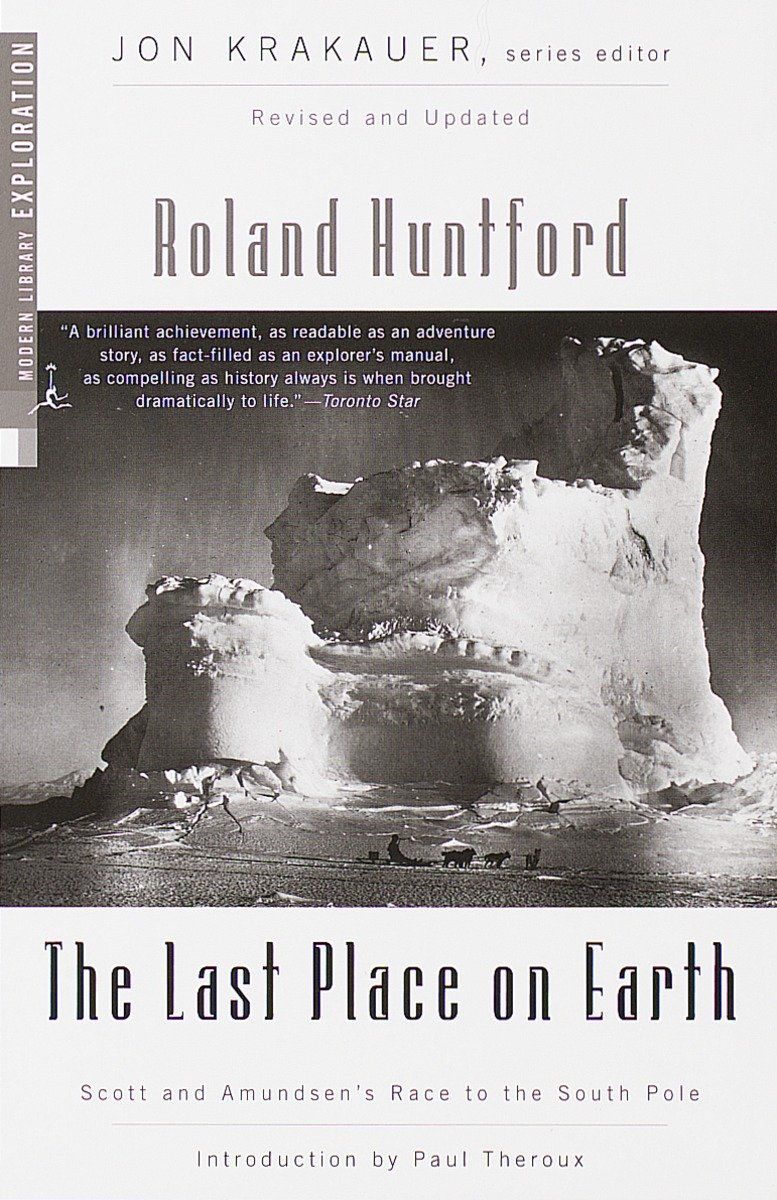- Case-Based Roundtable
- General Dermatology
- Eczema
- Chronic Hand Eczema
- Alopecia
- Aesthetics
- Vitiligo
- COVID-19
- Actinic Keratosis
- Precision Medicine and Biologics
- Rare Disease
- Wound Care
- Rosacea
- Psoriasis
- Psoriatic Arthritis
- Atopic Dermatitis
- Melasma
- NP and PA
- Skin Cancer
- Hidradenitis Suppurativa
- Drug Watch
- Pigmentary Disorders
- Acne
- Pediatric Dermatology
- Practice Management
- Prurigo Nodularis
- Buy-and-Bill
Article
Top picks for holiday reading
There’s nothing quite like curling up with a good book, especially during the cold winter months. Dermatologists on Dermatology Times’ editorial board shared the recent books they said might make great holiday reads.
There’s nothing quite like curling up with a good book, especially during the cold winter months. Dermatologists on Dermatology Times’ editorial board shared the recent books they said might make great holiday reads.

Seth L. Matarasso, M.D.The Boys in the Boat, Daniel James Brown
“Although, in general, I prefer to escape into fiction and the more action the better, if you have not read Daniel Brown’s book The Boys in the Boat, then you are missing a truly great read. A book that I would in all likelihood not have chosen, but rather it was recommended by a patient, it is an historical nonfiction book that reads like a novel. Based on exhaustive research, primary sources and oral narratives, it is the unlikely story of the University of Washington rowing crew that went on to compete in the 1936 Olympic Games in Berlin. It gives a firsthand look at the hardships of the athletes who lacked amenities, familial support and corporate sponsorships. Like me, even if you are not a rower, it is such a wonderful account, told with such detail and passion, that the author gets the reader totally absorbed into the adventure. It is a fast pace read, that without being dogmatic, teaches history, inspiration, determination and the value of teamwork.”
San Francisco, Calif., dermatologist Seth L. Matarasso, M.D.

Helen M. Torok, M.D.
Grain Brain, David Perlmutter, M.D., a neurologist
“A thoroughly convincing accounting of the damage to our brain from the foods we consume, specifically grains. It confirms the evidence in the Wheat Belly by Dr. [William] Davis, a cardiologist.”
Medina, Ohio, dermatologist Helen M. Torok, M.D.


Philip Werschler, M.DExtreme Ownership: How U.S. Navy SEALS Lead and Win, Jocko Willnink and Leif Babin.
“… this book … details the mindset and principles that enable Navy SEAL units to accomplish the most difficult combat missions and to then apply these principles to any team or organization. Extreme Ownership details why each of the Navy SEAL concepts outlined in the book are important and also how to implement the principles in any leadership environment. It is a quick read and the lessons learned in this book provide valuable insight into successful leadership, and to a broader degree, one's life.”
Spokane, Wash., dermatologist Wm. Philip Werschler, M.D.


Norman Levine, M.D.All Who Go Do Not Return, Shulem Deen
“It is a memoir of a man who grew up in an ultra-orthodox Jewish town in Upstate New York, not unlike a shtetl in Eastern Europe 100 years ago, and how his evolution as a person conflicted with the customs of the members of this very culturally isolated community. Ultimately, this led to his virtual banishment. It is a fascinating story of how religion can rule the lives of people to the point that they can become very cruel to one another in the name of preserving a way of life which has long since disappeared from most of the world.”
Tucson, Ariz., dermatologist Norman Levine, M.D.


Joel Schlessinger, M.D.The Last Place on Earth, Roland Huntford
“This book details the struggle between Admiral Scott and Roald Amundsen to reach the South Pole in the beginning of the 20th century. While the material was over a century old in nature, the lessons still ring true in present day. Amundsen won the race and lived to tell the tale due to his remarkable sense of organization and intense humility. Scott, on the other hand, left too much to chance and was arrogant to a fault, which ultimately led to not only his death but the demise of the entire crew. The lessons of leadership are especially brought home in this taut story. Additionally, there are interesting medical aspects that pertain to scurvy and the accepted treatment of it circa 1900. Scott most likely died of scurvy due to his choice of food, while Amundsen adhered to a diet that was already known in the 1700s by sailors.”
Omaha, Neb., dermatologist Joel Schlessinger, M.D.

Ronald G. Wheeland, M.D.

Shetland Island Murder Mysteries, Ann Cleeves
“For fun, I've just about finished reading the last book in the series known as the Shetland Island Murder Mysteries, by Ann Cleeves. This current book is called Thin Air and provides a fascinating description of life in the Shetland Islands. For improving my understanding of one of most important recent scientific advances in medicine, I'm slowly plowing my way through: The Miracle of Stem Cells--How Adult Stem Cells are Transforming Medicine, by Roger J. Howe, Maynard A. Howe, Nikolai I. Tankovich and David A. Howe.”
Tucson, Ariz., dermatologist Ronald G. Wheeland, M.D.




